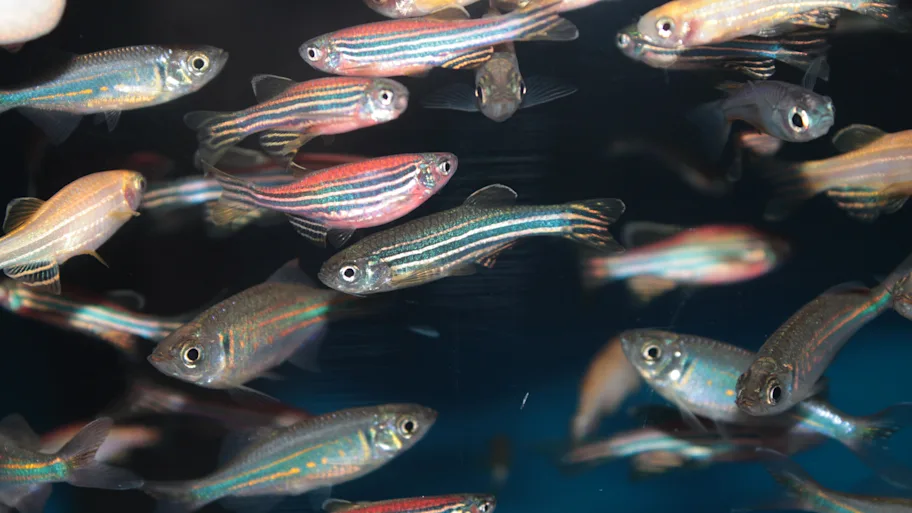
- Science news
- Frontiers news
- Developmental Epigenetics: New Frontiers in Cell and Developmental Biology section led by Rosalind M John and Claire Rougeulle
Developmental Epigenetics: New Frontiers in Cell and Developmental Biology section led by Rosalind M John and Claire Rougeulle
The new section focuses on epigenetic processes and mechanisms involved in programming developmental trajectories, as well as the consequences of unprogrammed rewiring of the epigenetic network in disease.
— By Justyna Lisowska
Frontiers in Cell and Developmental Biology is delighted to announce the launch of a new section, Developmental Epigenetics, led by Professor Rosalind M John from Cardiff University, UK, and Professor Claire Rougeulle from Paris Diderot University, France.

Professor Rosalind M John
“Epigenetics is a fundamentally important process whereby genetic material maintains memory and passes this memory on to subsequent generations through mitosis and, sometimes, also meiosis” explains Prof. John, whose research focuses on understanding how epigenetic marks direct mammalian development and program human disease.
Prof. Rougeulle, who studies the role of non-coding RNA in controlling X chromosome inactivation and other biological processes, adds: “Epigenetic regulations orchestrate the development and homeostasis of multicellular organisms.”
Despite tremendous progress in the field over the past years and the recognition of its importance among the research community, politics and even society, “the contours of the discipline have blurred,” explains Prof. Rougeulle. Advanced research and new discoveries are now needed to cover the gap in our understanding.

Professor Claire Rougeulle
With this new section, Prof. John and Prof. Rougeulle aim to broadcast fundamental discoveries on the epigenetic processes and mechanisms involved in programming developmental trajectories, and on the consequences of unprogrammed rewiring of the epigenetic network in disease.
Both Chief Editors hope that greater exposure of the scientific work published within this section will facilitate fruitful discussion and collaboration between epigeneticists of various horizons and help to reunify conflicting interpretation of epigenetics.
With the expertise of an outstanding international editorial board, the section will ensure that high-quality research is openly accessible and easily disseminated to a broader audience. Frontiers in Cell and Developmental Biology extends a warm welcome to Profs John and Rougeulle, as well as the Associate Editors for the new Developmental Epigenetics section:
Jamie Hackett, European Molecular Biology Laboratory (EMBL), Italy
Montserrat Anguera, University of Pennsylvania, USA
Celine Morey, Centre for Epigenetics and Cell Fate, France
Ruth Maree Arkell, Australian National University, Australia
Louis Lefebvre, University of British Columbia, Canada
Anthony Isles, Cardiff University, UK
Marisa Bartolomei, University of Pennsylvania, USA
Deborah Bourc’His, Institut Curie, France
Antonius Plagge, University of Liverpool, UK
Frontiers in Cell and Developmental Biology’s newest section is now open for high-quality article submissions and Research Topic proposals.
While mammalian development is the main focus of the section, fundamental research on classical or exotic model organisms will also be considered. See our editorial board and full scope on the Developmental Epigenetics web page.






